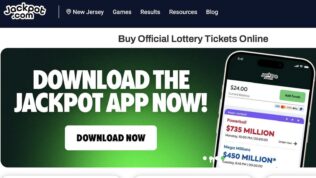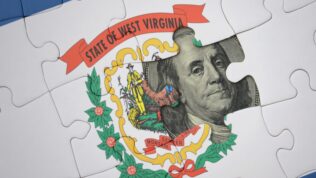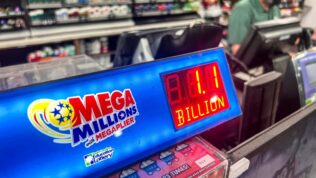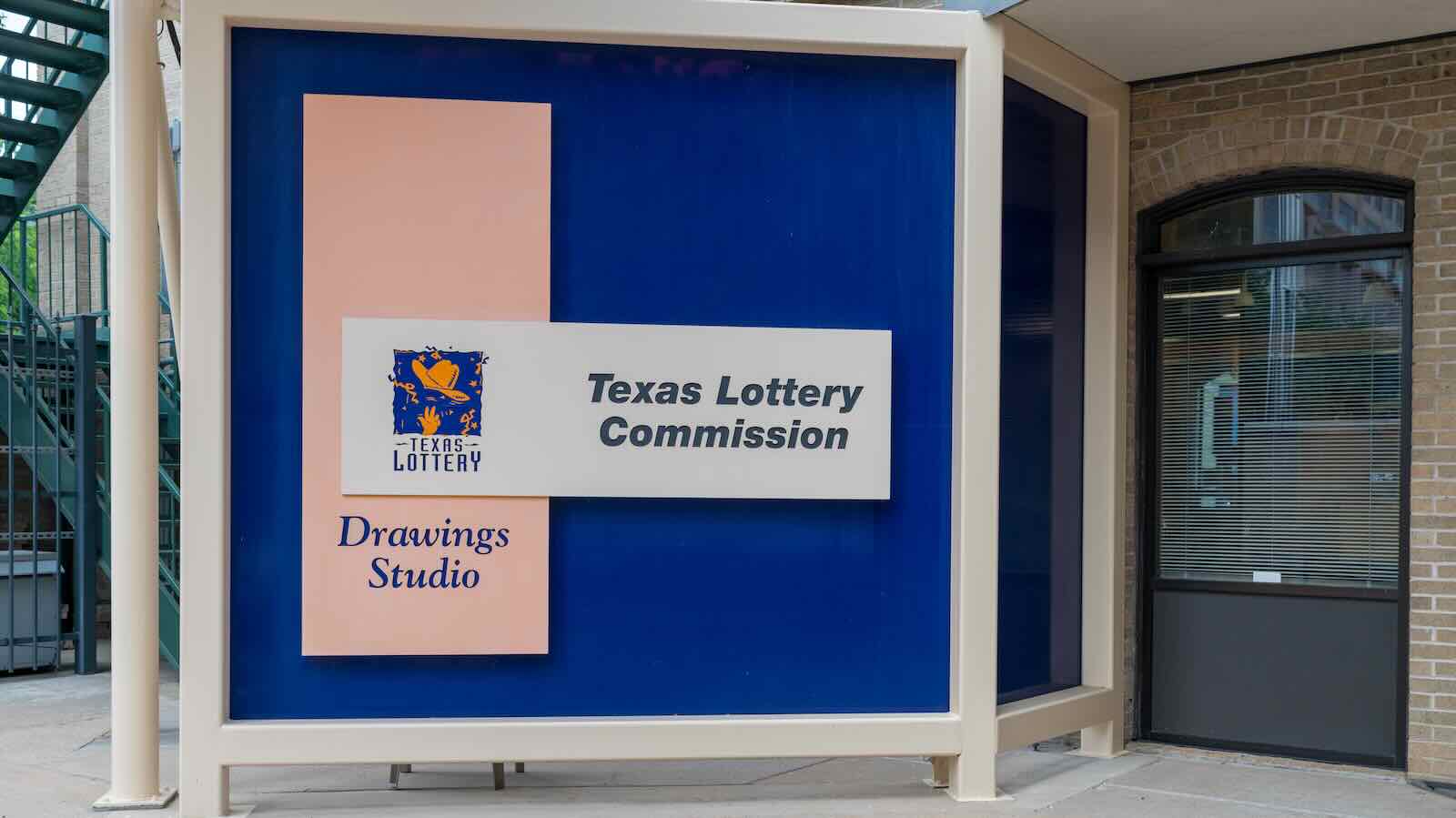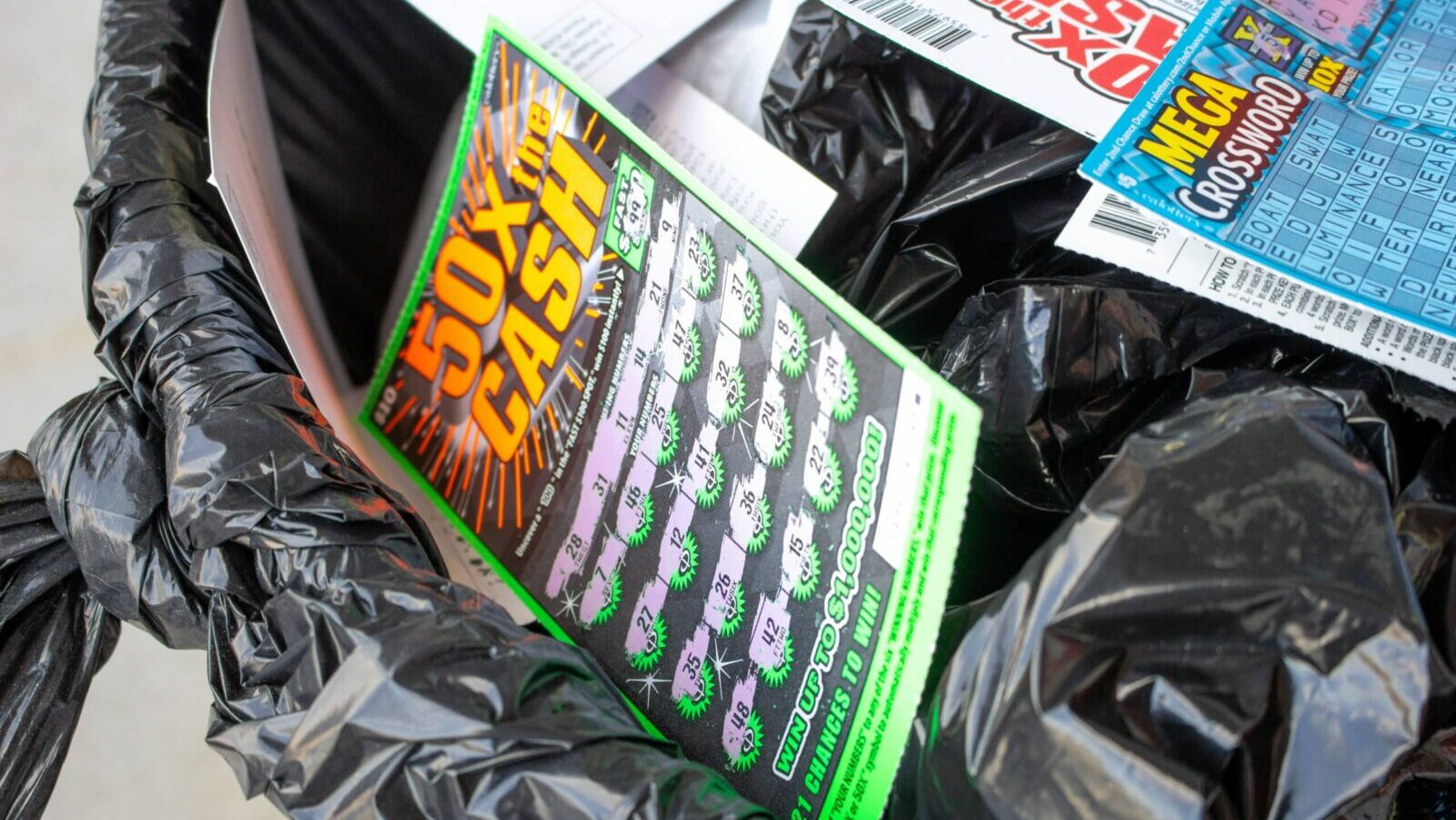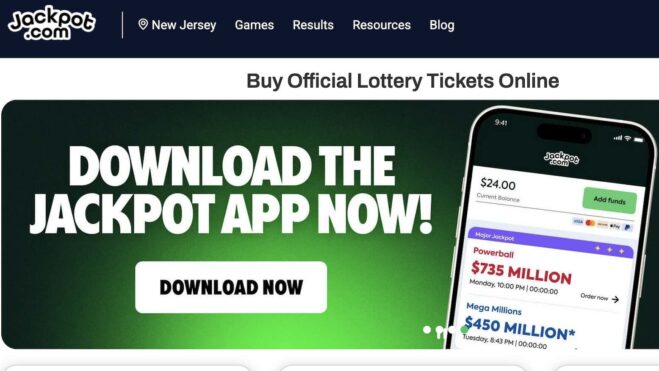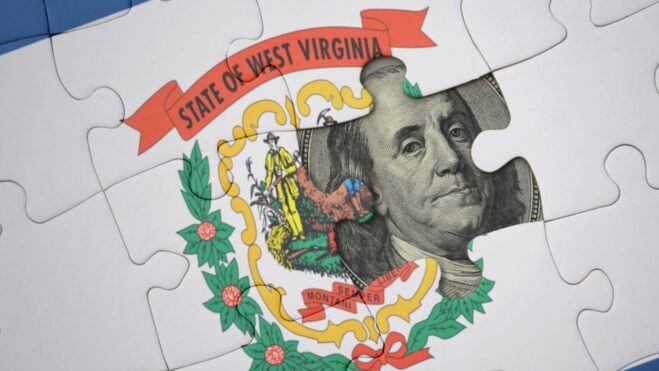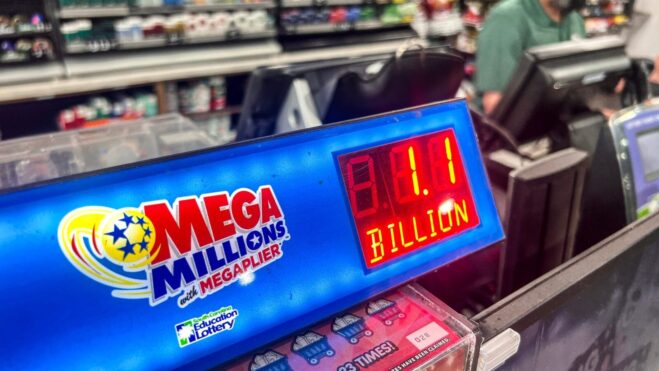iLottery Legalization Efforts Find Opponent In Convenience Stores
"In every case, retail lottery sales – and retailer commissions – have increased since the advent of iLottery," NASPL declares.
5 min
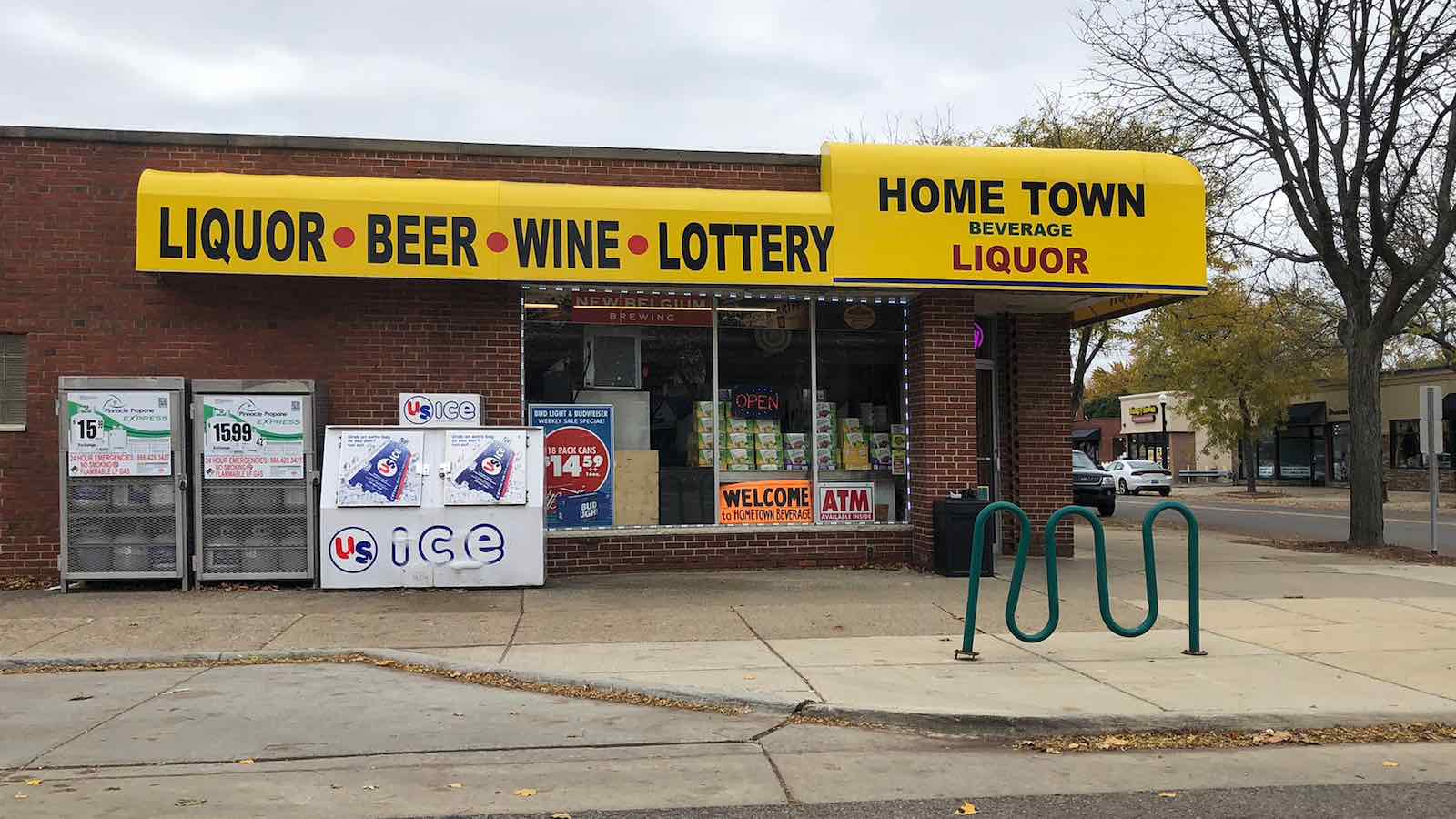
The ever-increasing amount of economic activity that takes place in the U.S. on the internet seemingly would make it inevitable that lawmakers across the country approve the launch of online lottery ticket sales.
But to date, only nine state-sponsored lotteries have gone down that path, starting with Illinois and Georgia in 2012 and followed by Michigan (2014), Kentucky (2016), North Dakota (2017), New Hampshire and Pennsylvania (2018), Rhode Island (2020), and then North Carolina in 2023. New Jersey and West Virginia legislators also have approved iLottery, with launches expected to come later in 2024, while the District of Columbia rolled out its first iLottery games in 2020.
Residents of Maine, Maryland, and New York, meanwhile, can buy subscriptions online that play the same numbers each week. And then there are lottery apps such as Jackpocket and Lotto.com, styled as third-party couriers that allow patrons to obtain lottery tickets digitally through brick-and-mortar retailers. The largest of these businesses is Jackpocket, launched in 2013 and now a legal option in 19 U.S. jurisdictions.
One plausible reason for hesitation by lawmakers may have been conflicting rulings by the Department of Justice under different administrations, with a 2011 announcement that The Wire Act of 1961 only prohibited interstate gambling on sports events — followed by a 2018 ruling that expanded the ban to all forms of interstate gambling.
Given the complexity of any online commerce transaction, the New Hampshire Lottery sued DOJ for the latter claim, given that it could jeopardize the state’s iLottery play under certain interpretations. But the U.S. Court of Appeals sided with New Hampshire in 2021, and the DOJ has not attempted to revive the issue.
So what other holdup could there be by so many states?
A strong lobbying force
Enter powerful lobbying groups like the National Association of Convenience Stores (NACS). There is a shade over 150,000 convenience stores in the U.S., and the North American Association of State and Provincial Lotteries (NASPL) officials say about 80% of them sell lottery tickets — making them the majority sellers of lottery tickets overall.
The net margin on fuel sales is estimated by NACS to be about 6%, with similar results from the sale of lottery tickets.
But the real benefit to convenience store owners is that it is estimated that more than 90% of those who enter the store to buy a lottery ticket also buy something else — especially food and beverages, where the profit margins are significantly higher.
So on the surface, there would seem to be a strong argument that allowing consumers to switch to buying lottery tickets online could devastate the bottom line for countless convenience stores — as gas buyers and passing drivers no longer stop to leave their cars to play the lottery.
But does that actually happen? Not according to research by NASPL.
“In every case, retail lottery sales — and retailer commissions — have increased since the advent of iLottery,” NASPL declares in its “Myth No. 6” among a list of 13 myths it sets out to debunk.
“ILottery has increased public awareness and interest in lottery games and has attracted new customers for all games. It is important for lotteries to broaden the industry’s customer base by attracting new — and younger — players to their games. If the pandemic taught us anything, it’s that consumers depend on the internet for personal, business and entertainment reasons. Adapting to the widespread use of that technology can position lotteries and retailers for ongoing success in the future.
Offering games through digital channels can also create new sales opportunities for retailers as well as lotteries. For example, lotteries may offer account funding through the retail purchase of online ‘gift cards,’ and also encourage cross-channel play by driving online customers to retail with coupons and special offers.”
As New Hampshire legislators debated the merits of online lottery ticket sales in 2017, New Hampshire Lottery Executive Director Charles McIntyre explained, “Most millennials don’t want to wait two days to see if they won the Powerball. They consume entertainment content just much faster than consumers did 20 years ago. We’re not broke; we’re just at the inflection point where a failure to change will have a steep decline over time.”
Even as far back as a 2016 Gallup poll, only one-third of Americans aged 18 to 29 said they played the lottery in the past year, compared with 61% for those aged 50 to 64.
Still, major expansion of iLottery sales across the U.S. is going to have to overcome objections of groups such as NACS.
“We believe that online sellers should have to comply with the law like everyone else, but online sellers don’t employ age verification and location verification that is as effective as in-person checks,” NACS spokesman Jeff Lenard told Lottery Geeks.
Supporters of online lottery sales dispute that claim, but ultimately the focus likely will remain on whether mom-and-pop convenience store operators can be found to be able to survive — or ideally, thrive — after the arrival of what on the surface seems like an existential threat.
Lawmakers in most states who are wary of iLottery could benefit from the examples set by some of their pioneering brethren.
A Spectrum Gaming analysis released in 2022 noted that “Lotteries that have experience with launching iLottery programs, including Michigan, Virginia, and Pennsylvania, have developed programs that further engage the retailer in iLottery.
“In Michigan and Pennsylvania, the lotteries allowed retailers to sell bar-coded iLottery vouchers that could be used to play iLottery games. The cost of the voucher was $20, and it provides the player $25 in iLottery play. Consequently, the retailer becomes a part of iLottery by providing an additional method for a player to play the lottery online — while the retailer earns its normal retailer commission for the sale of the voucher.”
Spectrum found that retailers in Michigan earned $167.3 million in lottery commissions in fiscal year 2015, but that number had grown exponentially to $370.9 million just six years later.
The New Hampshire Lottery, meanwhile, holds back 5% of net gaming revenue from online lottery ticket sales.
“Then, on a quarterly basis, each retailer receives a check representing the retailer’s percentage of the 5% iLottery hold-back based upon the retailer’s total in-store sales compared to all other New Hampshire lottery retailers’ in-store sales,” according to the report, which also pointed to innovation in Virginia.
“[That] lottery offers a program called ‘Online Cash.’ In this promotion, players can purchase vouchers at retail that are processed like a typical terminal-based sales, so the retailer earns its normal sales commission. These vouchers can be used by players to redeem and/or fund their iLottery accounts. Periodically, these vouchers have promotional values added as an additional incentive (particularly during the December Holiday Season).”
Based on all of these examples, the report concluded, “Retailers will not be hurt by the advent of iLottery.”
Parallels to online casino legalization debate
Maryland lawmakers held a hearing this spring on whether to join seven other states in legalizing online casino gaming.
The chief concerns — will the new gambling harm the brick-and-mortar casinos and their employment levels; will it lead to a big increase in problem gambling; what about underage players sneaking onto the websites? — provided eerie echoes to discussion in New Jersey almost 15 years ago.
The concerns are understandable, of course. But New Jersey launched the first competitive marketplace online casino gaming in 2013, ultimately with the endorsement of casino executives who helped push the issue across the finish line in the statehouse.
As with iLottery, the challenge was to explain that iCasino customers are largely a different audience from land-based casino players. And in both cases, the resulting increase in net revenue is the ultimate appeal.
Many online casino players — very much a younger audience — had never even visited an Atlantic City casino before. So regular online play sometimes leads to, for example, a free night or two nights’ stay at one of those casinos. With that as a lure, this new customer could note and enjoy the other amenities on-site such as concerts and fine dining — and perhaps return as a paying customer, while reaching out on social media to share their experience with their peers.
The COVID-19 pandemic further cemented the appeal of online casino revenue for Atlantic City casino operators. While their actual properties were shut down for health concerns, the online casino revenue — a portion of the profits achieved by their business partners who run the online casino sites — helped keep the brick-and-mortar casinos in business, while most casino operators across the U.S. simply collected no revenue at all while their sites were closed.
That’s why if iLottery legalization ever is able to gain significant momentum, supporters would be wise to include mom-and-pop retail store owners in the discussion.
To quote New Jersey poet laureate Bruce Springsteen, “Nobody wins, unless everybody wins.”

